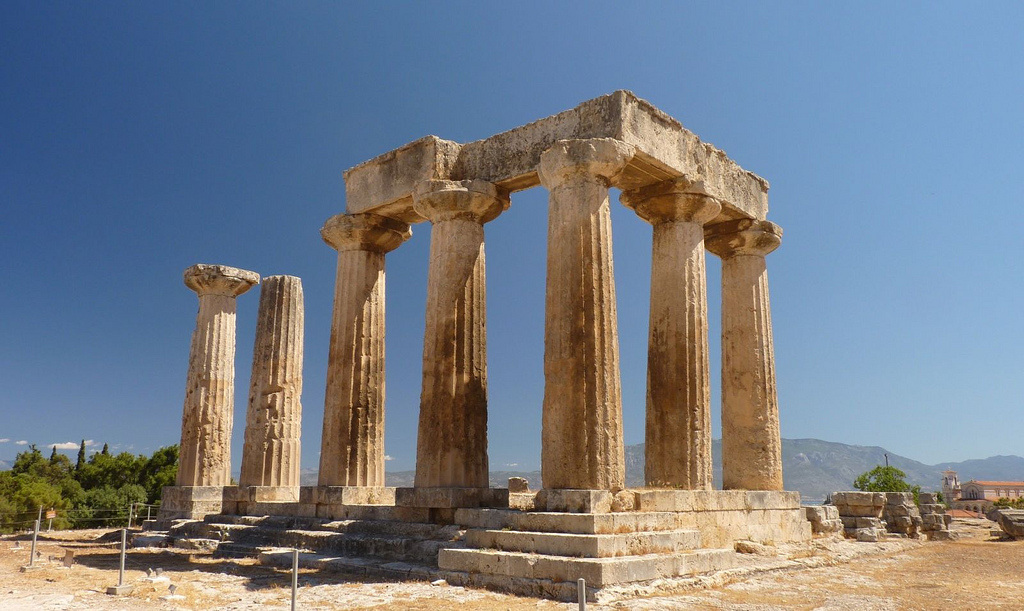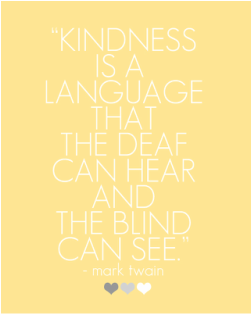This poem describes an interaction between a patient and a sitter that I saw one day. It sticks with me as an example of creative kindness and compassion.
Dancing
by Tess Baumberger
Hair almost white,
skin nearly translucent,
tiny-boned, frail, failing.
Mind disease-disordered,
she kept rising
from her hospital bed
trying to escape.
Dark hair, braided
skin mocha rich
robust, healthy, alive.
Trying to keep the lady safe,
she intercepted,
held her in her arms,
and danced.
Two women,
heads back,
laughing like girls.
Dancing in a circle
back to her bed,
her feet still
know the steps.
This passage from Paul’s first letter to the church in Corinth is often read at weddings and so is familiar to many people who have never picked up a bible or read the Christian testament. I was inspired to preach on this topic when I performed a wedding for a couple who wanted it in their ceremony. As I read it I thought what a lovely description it is of love, and how appropriate it would be for the Sunday nearest Valentine’s Day.
Both Paul and the Corinthians would probably be a bit puzzled that this passage is read at weddings because Paul was not writing about romantic love. This is clear in the letter's original language - Greek. The word he uses, “agape,” is one of a few words in Greek that mean different things in Greek but are all translated as “love” in English.
It’s like those cultures that have many different words for snow, while we have only one. I imagine this week some of us in New England may have called snow a variety of names I can’t repeat here. The Greek word for romantic love is eros. They also have words for affection between equals “philia” and the love parents feel for children, storge. I like that Greek has names for all those kinds of love.
Agape is sometimes translated as “charity” or brotherly love - it means affectionate goodwill. It is about holding someone in high regard. In the bible agape refers to the love the divine has for human beings and the love human beings have for the divine (at least, those of us who believe in a divine being). So this is a sacred kind of love.
Paul is writing to a church that has had its share of problems. It’s a church where people like to argue and compete. They are arguing but which spiritual gifts are more important, and so also about who among them is most important. Who’s better, the person who speaks in tongues or the one who has wisdom? Who’s better, the one who gives a lot to poor people or the one who can prophesy, tell the future? They’re all jockeying for position.
A couple weeks ago I talked about how hospital chaplaincy helped me refocus on the heart of ministry, which is essentially about agape love. Paul is writing to the Corinthian church to help remind them of this same thing. In the previous chapter Paul compares the church to a body with each person being a different part. He points out that we can’t all be eyes or mouths. (I confess that I picture an animated creature out of Monty Python when he says this.) Paul goes on to say that every part of the body is important and they all need to work together.
At the end of that passage he talks about a more excellent way of being, and then launches into this description of agape which in the end he says is the greatest of all spiritual gifts. He’s writing to them about the kind of love that can happen in community, the prize their eyes should be on instead of on whose gift is most important, which person is best.
One commentator I read, Melissa Bane Sevier, says if she were writing about love in community she might say things like, "Love is hard; love is complicated and messy; sometimes love is almost impossible.” Hardly anyone would want to read that at a wedding, huh? Maybe at a divorce. Sevier says Paul is giving us the bird’s eye view - not what love is but what it’s supposed to be.
William Loader points out that though this letter is fairly confrontational, Paul puts it quite gently because he loves this community with the agape kind of love. You can see this little bit of poetry as pointing out all the ways we can be pulled off the track of agape - impatience, boastfulness, meanness, envy, rudeness, insisting on our own way, being irritable and resentful, rejoicing in someone else’s wrongdoing (because it makes us look better, or at least not as bad), and so on.
I don’t know about you but these failings sound familiar. Impatience? Check - I can be impatient. Boastfulness - yeah, I do that sometimes. Meanness and envy? I hate to admit it but those get the best of me at times. Rudeness and insisting on my own way? Yep. Being irritable or resentful? Dang. And rejoicing in another’s wrongdoing? Maybe once in a while….
So sure Paul gives the people of the Corinthian church a bit of a scolding, but how do you think he wanted them to take those words? William Loader writes, and I agree, that Paul probably wanted people to examine their own consciences and mend their own ways. True that, but did he want them to beat themselves up when they find their own faults? I don’t think so.
He would want them to be patient with their own faults and each other’s failings.
He would want them to be kind - deeply and broadly kind - with these very human weaknesses.
He would want them to be generous, grateful, open.
He would want them be humble - not to “put on airs” as my favorite translation has it.
He would want them to be considerate and polite.
He would want them to be flexible, to collaborate and compromise.
He would want them to be calm, serene.
He would want them to set good limits around their time and energy - the best way I’ve found to stave off resentment.
He would want them kindly to say “no” and to take “no” for answer.
He would want them to dwell on each other’s good acts and to rejoice in truth, to focus on the positive.
I can see how each person doing these things, holding themselves accountable to these values, would make for a strong community. I can see that because I see the people in the church I serve doing all those things.
I see how patient and kind they can be, how generous and grateful, how open and humble. I can see how considerate they can be, how flexible and collaborative, how willing to compromise. I see how calm and serene they can be even in trying circumstances, how many of them are good at setting limits that prevent resentment. I see how they look for the good, and strive to dwell on what is right and true. It is a strong community. Like any community they’re not always perfect, but they practice agape well.
That’s a good thing because agape brings many rewards. Paul says agape bears all things - it has strength. He says it believes all things (except the untrue), hopes all things (except another’s downfall) and endures all things (except people failing to respect boundaries).
Paul says that agape never ends. It was there before we were born, it will be there after we die, and it’s a whole lot bigger than all of us. It is something we tend, something we try to add to, something we aspire to -and when we fall short we treat ourselves and one another in loving ways.
One bible scholar, James Boyce says, “this vision of community is ultimately not about knowing or doing things, but is about knowing a person “face to face,” and that living in such a community is merely a reflection of our having first been known and caught up in the love of God.” He is writing from a Christian perspective, but a humanist might translate that last bit as “caught up in the mutual love of humankind.”
Agape is so much more that what we do or do not know, so much more than what we do or fail to do. Agape is a quality of being in community, of holding ourselves and one another in high regard, in affection, in kindness, patience, faith and hope. And of all of these great gifts, the greatest is love, is agape. May you and all who you love be filled with the grace of that love, here and everywhere we go, forevermore.



 RSS Feed
RSS Feed